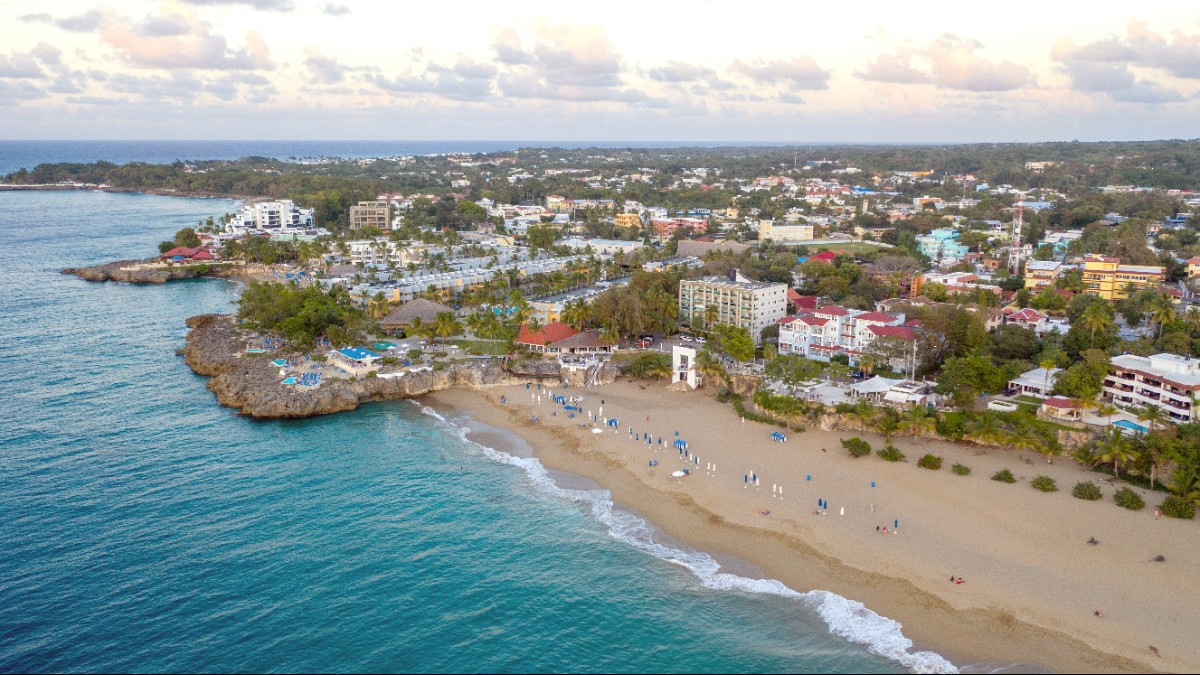
Dominican Republic
The Dominican Republic has national parks and protected marine areas. Sosua Bay's coral reefs are fragile ecosystems that protection.
Waste management and recycling facilities are limited. Minimize single-use plastics, carry reusable items, dispose of trash in bins.
Water resources strained, especially in high tourist density areas. Mindful water usage: shorter showers, turning off taps, reporting leaks.
Travelers can contribute positively to the local environment and communities.
Minimize demand for single-use plastic.
Support accommodations and tour operators committed to sustainability.
Consider offsetting flight emissions.
Choose properties and tours demonstrating environmental commitment.
Support conservation efforts and shop for good causes at The Rainforest Site.
Visit The Rainforest SiteYour choices support environmental and social wellbeing. Opt for sustainable travel practices where possible.
Respectful interactions preserve the local heritage.
Support local artisans and cultural institutions.
Engage with locals respectfully. Learn basic Spanish phrases. Maintain a polite and friendly demeanor.
Always ask permission before taking photos of people, especially children. Respect a refusal. Be mindful of privacy in residential areas.
Dress modestly when visiting churches or religious sites (shoulders and knees covered). Maintain a respectful demeanor inside.
Responsible travel ensures tourism benefits local communities.
Eat at local "comedores" and family-run restaurants. Buy groceries from local markets. Use local guides and drivers.
Be aware of child exploitation. Report suspicious activities. Donate to reputable local charities, not beggars.
Choose operators promoting ethical wildlife interactions. Avoid activities involving direct contact or exploitation of wild animals.
Responsible travel helps ensure that the economic benefits of tourism reach the local communities and individuals.
Prioritize eating at local "comedores" and family-run restaurants. Buy groceries from local markets. Use local guides and drivers. These choices distribute tourist dollars throughout the local economy.
When purchasing souvenirs, prioritize products genuinely handmade by local artisans. Inquire about the source of amber and larimar.
Seek out tours or accommodations that directly benefit local communities. This might include tours led by local guides or stays in locally owned guesthouses.
Report any suspicious activities. Avoid giving money directly to begging children; donate to reputable local charities instead.
Engaging with the local community beyond tourist activities can enrich your travel experience.
Check for local festivals, markets, or church events to immerse yourself in daily life.
For longer stays, consider short-term volunteer work with trusted local organizations.
Ask local guides or hosts about their culture, traditions, and daily life.
For child protection, refrain from giving money directly to begging children. Donate to established local organizations to make a meaningful difference.
Research reputable local charities before your trip if you wish to contribute charitably. Direct donations to established organizations often have a more positive impact.